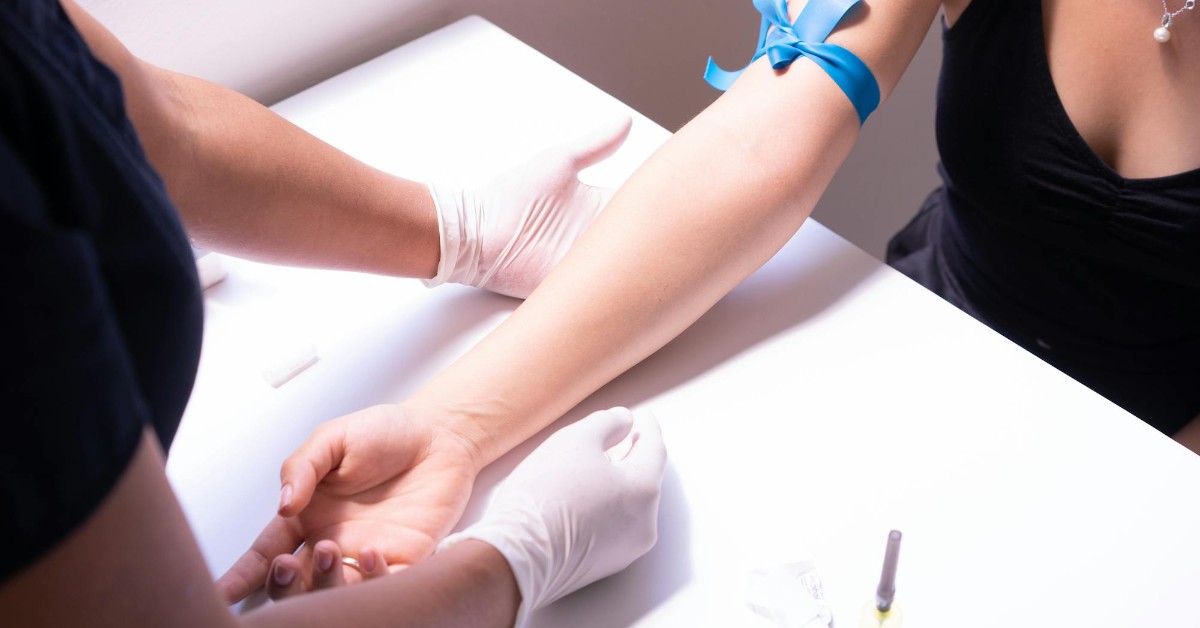
Phlebotomy Certification in NY and Becoming a Phlebotomist
Phlebotomy is a huge part of the healthcare industry, patient care, and diagnosis. If you’re considering a career in this field, getting your phlebotomy certification in NY is an excellent way to start. Let’s explore the ins and outs of phlebotomy certification in NY, and what you can expect from a career as a phlebotomist.
Phlebotomy Certification: What is It?
Phlebotomy certification is a formal recognition of an individual’s knowledge and skills in the field of phlebotomy. It demonstrates that you have completed the necessary education and training to perform blood draws and other related tasks safely and effectively. In New York, phlebotomy certification is not mandatory but is highly recommended to increase your employability and career prospects.
The Basics of the Education
To become a certified phlebotomist in NY, you’ll need to complete a phlebotomy training program. These programs are typically offered at community colleges, vocational schools, and technical institutes. The length of the program can vary, but most take between 4 to 6 months to complete, depending on whether you attend full-time or part-time.
Course Structure
Phlebotomy training programs in NY consist of both classroom instruction and hands-on clinical experience. In the classroom, you’ll learn about anatomy and physiology, medical terminology, blood collection techniques, safety procedures, and patient care. You’ll also gain practical experience in a supervised clinical setting, where you’ll perform blood draws on actual patients.
What Phlebotomists Do
Phlebotomists are responsible for collecting blood samples from patients for various medical tests, transfusions, and donations. They must follow strict protocols to ensure patient safety and the integrity of the blood samples. In addition to blood collection, phlebotomists may also perform other tasks such as:
- Preparing and maintaining equipment
- Verifying patient information
- Labeling and processing blood samples
- Communicating with patients and healthcare professionals
- Maintaining accurate records
Potential Job Opportunities
After obtaining your phlebotomy certification in NY, you’ll be qualified for a variety of job opportunities in the healthcare industry. Some common workplaces for phlebotomists include:
- Hospitals
- Diagnostic laboratories
- Blood donation centers
- Doctor’s offices
- Clinics
- Research facilities
Look for an Accredited Program
When choosing a phlebotomy training program in NY, it’s essential to ensure that it is accredited by a recognized organization. Accreditation ensures that the program meets industry standards and provides quality education and training. Graduating from an accredited program can also improve your job prospects and make you eligible for professional certification exams.
Getting Clinical Exposure
Clinical experience is a crucial component of phlebotomy training in NY. During your program, you’ll have the opportunity to work with experienced phlebotomists and perform blood draws on real patients. This hands-on experience will help you develop your skills, build confidence, and prepare you for the challenges of working in a healthcare setting.
Work Placement
Many phlebotomy training programs in NY have work placement assistance to help graduates find employment after completing the program. This can include resume and interview preparation, job search guidance, and connections with local healthcare facilities. Some programs may even have established partnerships with employers, providing a direct pathway to employment.
Career Outlook and Growth
The demand for skilled phlebotomists continues to grow as the healthcare industry expands. According to the Bureau of Labor Statistics, employment of phlebotomists is projected to grow 17% from 2019 to 2029, much faster than the average for all occupations. This growth is driven by factors such as an aging population, increased access to health insurance, and advances in medical technology.
Advancement Opportunities
This certification can open doors to various advancement opportunities within the healthcare field. As you gain experience and develop your skills, you may be able to take on additional responsibilities or move into higher-paying positions. Some potential career paths for experienced phlebotomists include:
- Phlebotomy supervisor or manager
- Medical assistant
- Clinical laboratory technician
- Medical technologist
- Nursing (with additional education and training)
Pursuing additional certifications, such as the Certified Phlebotomy Technician (CPT) credential offered by the National Healthcareer Association, can also demonstrate your expertise and commitment to professional development, making you a more attractive candidate for advancement.
Continuing Education and Recertification
To stay current with industry standards and best practices, you may be required to complete continuing education courses and/or undergo periodic recertification. The specific requirements for continuing education and recertification vary depending on the certifying organization and may include:
- Completing a certain number of continuing education credits (CECs) within a specified timeframe
- Participating in approved workshops, seminars, or online courses
- Passing a recertification exam
- Maintaining a current CPR certification
Contact the Westchester School for Medical and Dental Assistants for Phlebotomy Certification in NY
If you’re interested in pursuing phlebotomy certification in NY, the Westchester School for Medical and Dental Assistants can provide you with the education and training you need to succeed in this rewarding career. With experienced instructors, state-of-the-art facilities, and a commitment to student success, the Westchester School for Medical and Dental Assistants is an excellent choice for anyone looking to enter the field of phlebotomy. Contact us to learn more and enroll in phlebotomy courses in NY.